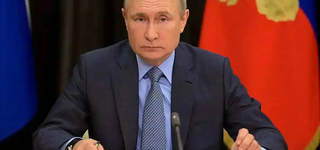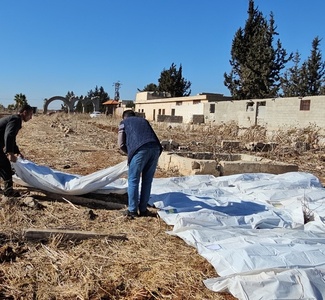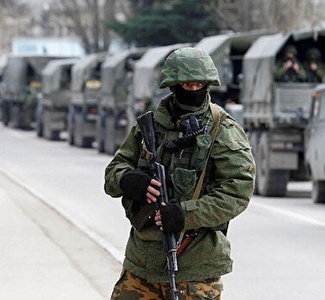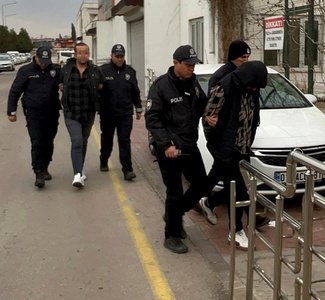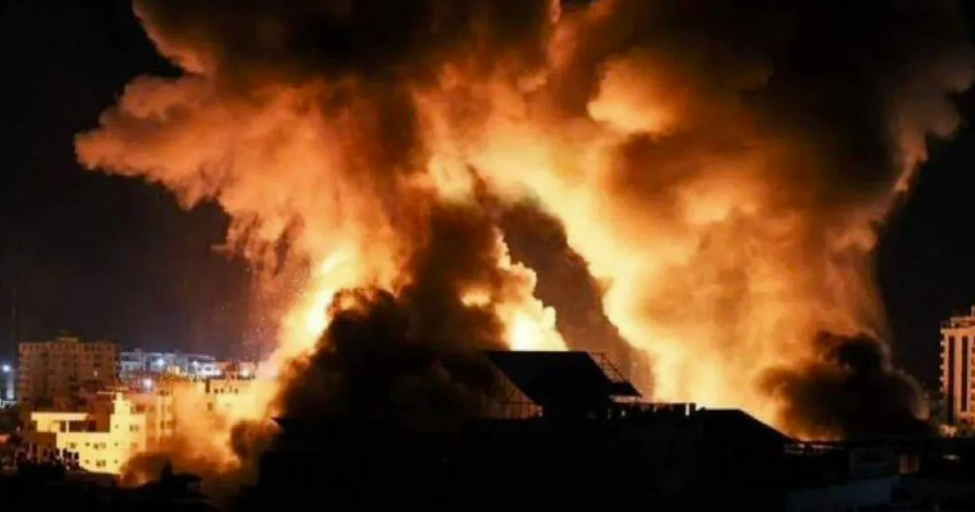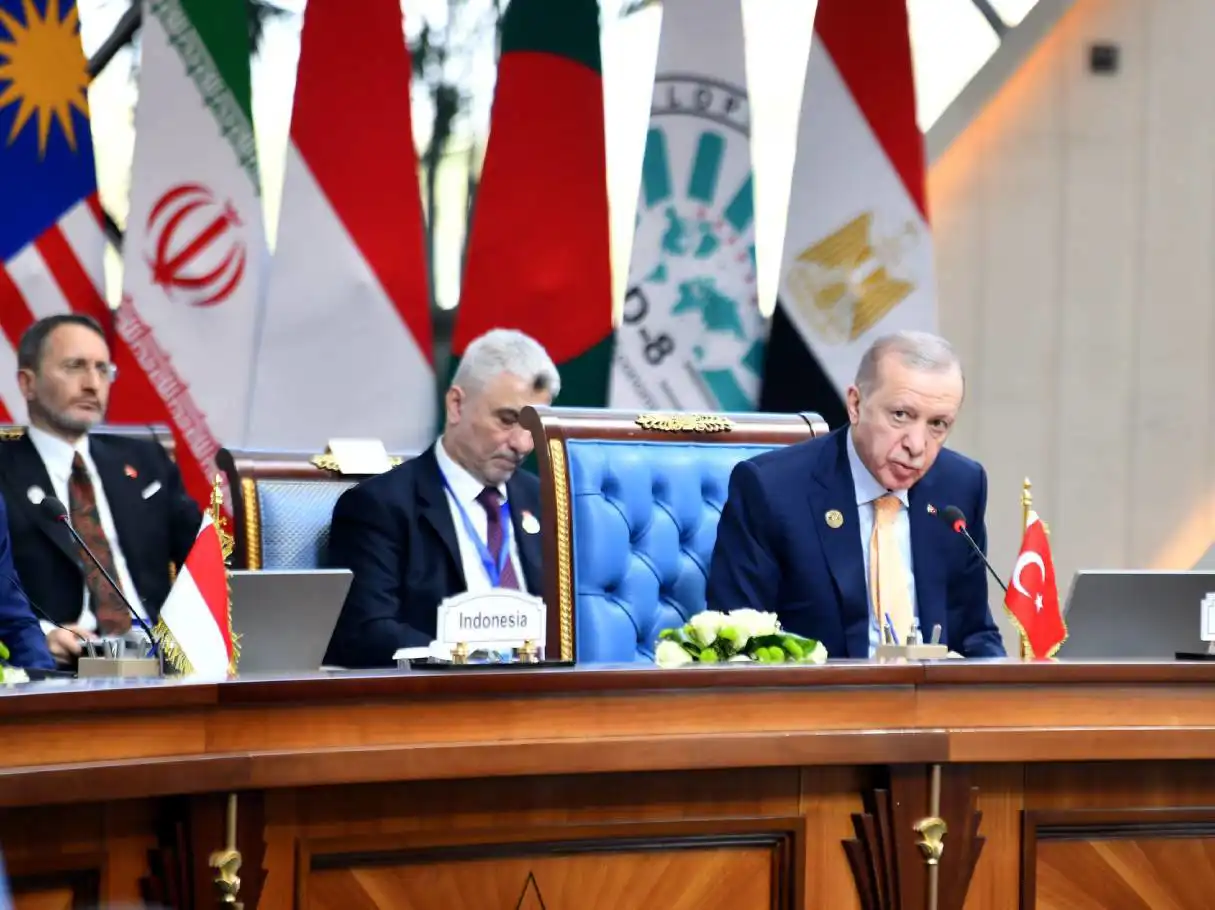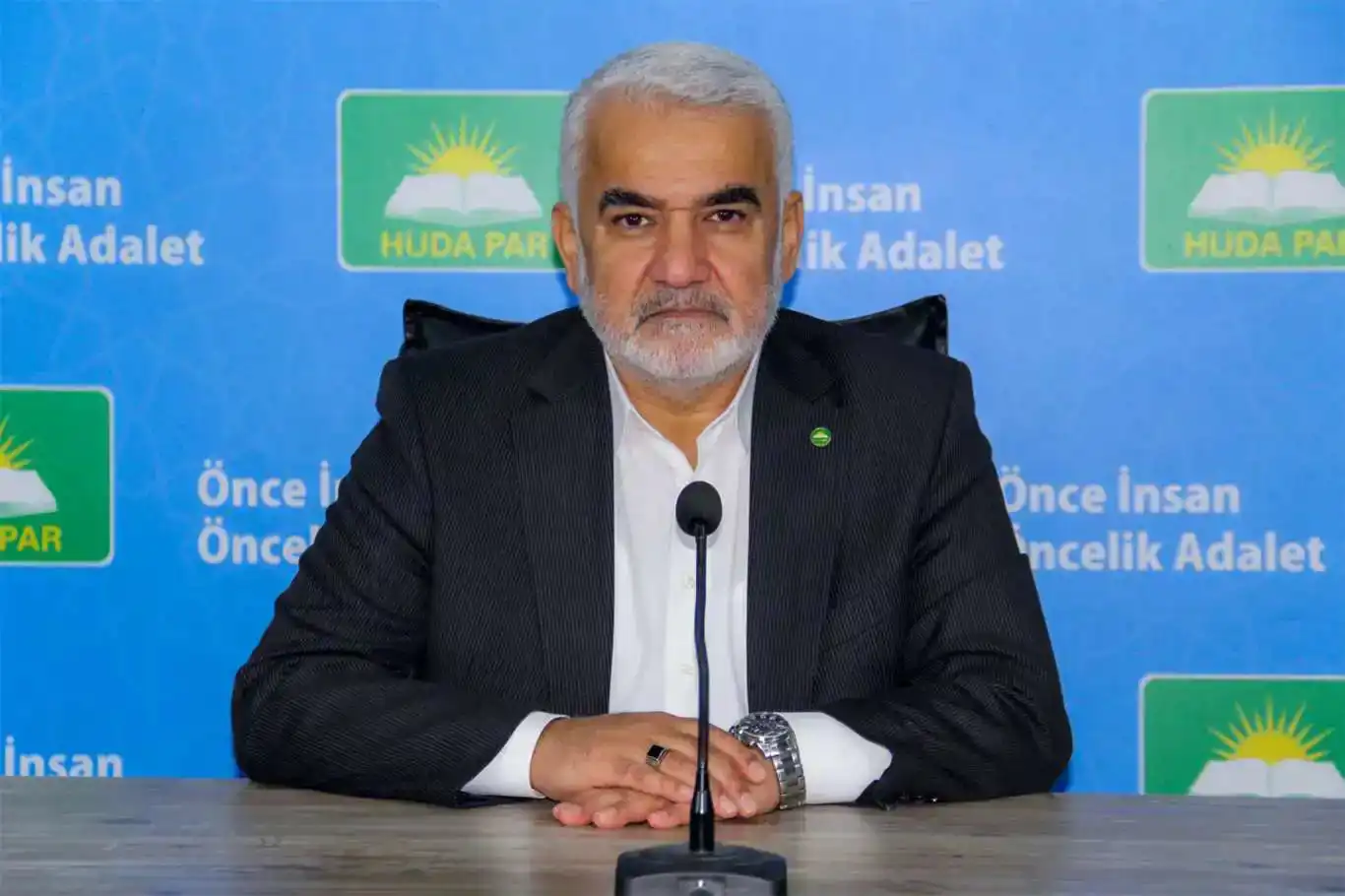Sudan’s humanitarian crisis escalates: Over 11 million displaced, millions facing starvation
The humanitarian crisis in Sudan is intensifying, with millions displaced and critical needs unmet, prompting calls for an urgent global response.
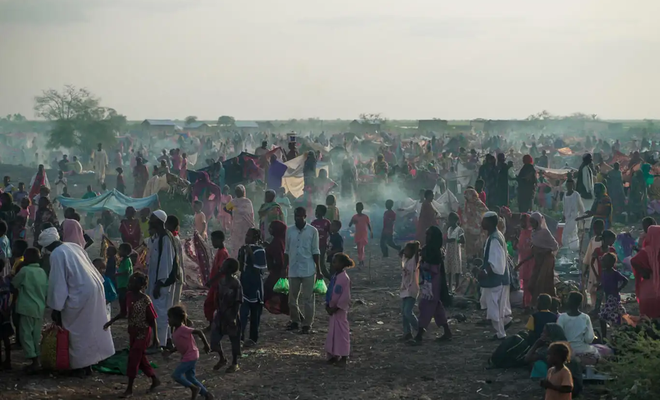
 Google News'te Doğruhaber'e abone olun.
Google News'te Doğruhaber'e abone olun. Conflict across Sudan has forced more than 11 million people from their homes, with millions more in extreme need, particularly children. As basic services collapse, access to essentials like clean water, healthcare, and shelter remains limited, worsening conditions across the country.
Sudan is now grappling with severe food insecurity, with 13 million people at acute risk and 14 regions nearing famine levels. In Zamzam camp, North Darfur, famine has already been declared. Malnutrition is severely impacting the youngest population, with 3.7 million children under five expected to suffer from severe acute malnutrition this year. Without immediate treatment, these children face a greatly increased risk of death from preventable diseases.
The United Nations and its partners report significant obstacles in reaching those in need due to restricted access and logistical challenges. Officials have called for improved permissions for UN agencies to ensure consistent aid presence in all affected areas. Despite commitments, including Chad’s opening of its border for aid, procedural and security hurdles persist, hindering timely distribution of essential supplies. To meet the needs of vulnerable communities, UN representatives stress the necessity of re-establishing UN offices in regions like Zalingei, Central Darfur, and Kadugli, South Kordofan.
Sudan is home to one of the world’s most severe displacement crises, with 10 million internally displaced persons (IDPs) and over 800,000 refugees. Those forced from their homes live in dire conditions, facing risks in makeshift shelters without access to basic services. UN officials highlight the urgent need for cross-border support from Chad to help aid reach impacted communities.
UN agencies, including UNHCR and UNICEF, remain committed to aiding Sudan despite the immense challenges. However, without sustained international support, including efforts to address the conflict politically, the situation will likely deteriorate further.
UN leaders call on all conflict parties to adhere to international humanitarian law, prioritize civilian protection, and cease violations against civilians, especially women and children, who face high risks of exploitation and gender-based violence. The crisis demands immediate action, as humanitarian aid alone cannot resolve the situation. Global response and protection for Sudan’s civilians are urgently needed to prevent further suffering. (ILKHA)






























